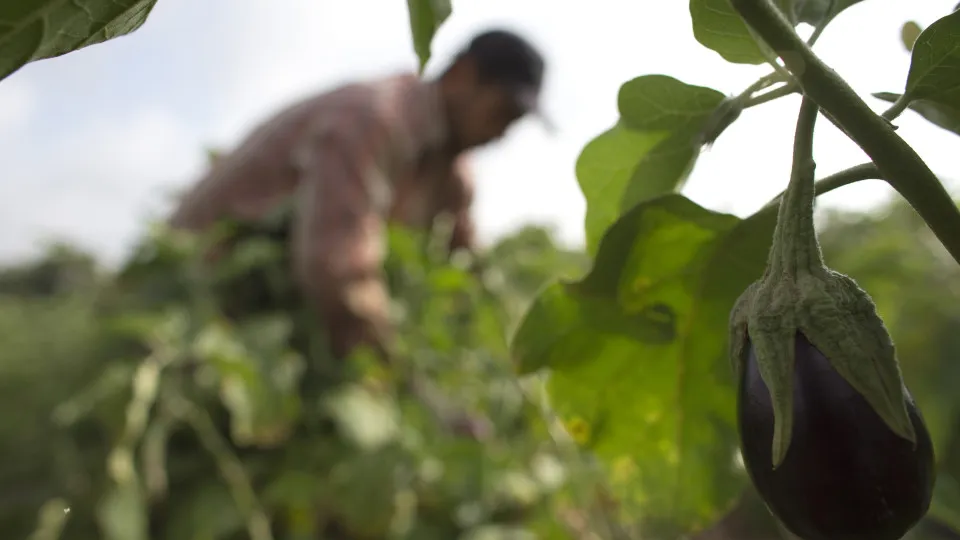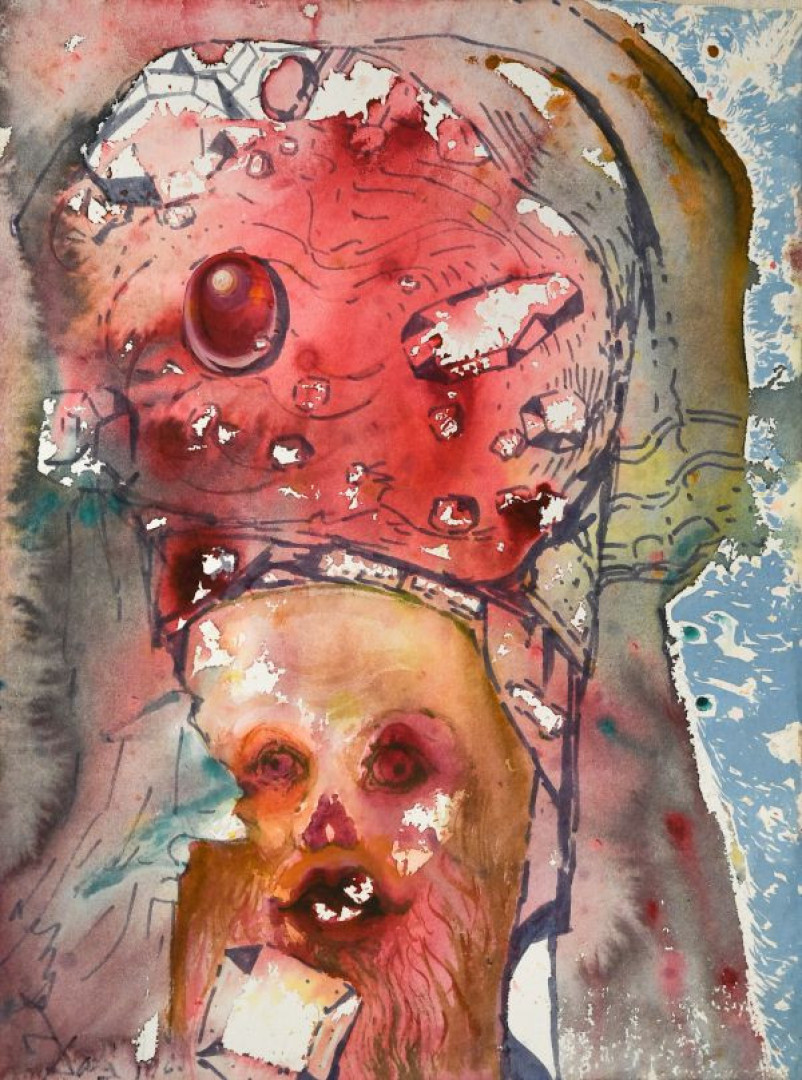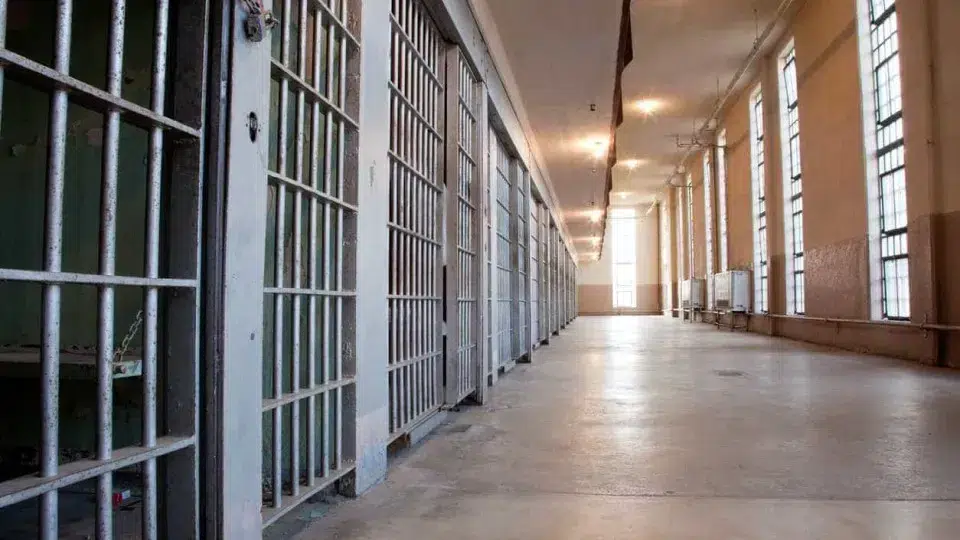
“Portugal was a backward, oppressed, and repressed country, with no democratic freedoms, and almost everything was prohibited. In much of the country, particularly in rural areas, there was no electricity, piped water, basic sanitation, healthcare, roads, or public transport,” stated Alfredo Campos, Coordinator of the CNA National Council, in remarks to Lusa, marking 50 years of agrarian reform.
At that time, wealth was heavily concentrated, and agricultural production was mainly family-based and subsistence-oriented, with low productivity and a large workforce.
In the North and Center regions, most farms were small and family-run.
Labor, which even children could not escape, was performed with traditional techniques and sometimes animal traction.
In the second half of the 1950s, Alentejo had 928,000 hectares of sown land, a figure that dropped to 596,000 between 1970 and 1973, a trend seen throughout the rest of the country.
Alfredo Campos recalled that collective land exploitation was driven by decades of struggle against the arrogance and oppression of the landowners, compounded by breaches of signed conventions, acts of sabotage, and decapitalization.
The expropriated lands were integrated into the so-called Agrarian Reform Intervention Zones (ZIRA), forming Collective Production Units (UCP), uniting several estates. The property belonged to the state.
These production units relied on emergency agricultural credit to ensure the weekly salaries of those working there.
By January 1976, nearly 1,183,000 hectares of land were occupied by farm workers, encouraged by unions and parties, particularly the PCP.
ZIRA covered the districts of Setúbal, Beja, Évora, Portalegre, as well as parts of the districts of Faro, Lisbon, Santarém, and Castelo Branco.
In 1977, a law prepared by then Minister of Agriculture António Barreto (PS) aimed to regulate the agrarian reform process, structuring the conditions for returning properties to their former owners or heirs and paving the way for compensations.
However, Alfredo Campos pointed out that for agricultural workers, what became known as the “Barreto Law” was “the law against agrarian reform.”
Despite the workers’ resistance, the economic difficulties created for the UCP, involving interventions by repressive forces with violent police actions that killed two workers, the agrarian reform was progressively dismantled, as agribusiness was strongly supported.
The coordinator of the CNA National Council further stated that the Sixth Provisional Government sided with large landowners and wealthy landlords to change the so-called ‘Rural Lease Law,’ which, among other points, mandated the existence of a written contract and rent payment.
Under the first Constitutional Government, led by Mário Soares, the rural lease law was approved, which Alfredo Campos recalls as the ‘Law of the Landlords and Wealthy Renters.’
Many expropriated landowners only managed to recover their properties 20 or 30 years after the agrarian reform.
The European Court recognized the claims of most landowners who sought compensation, leading the state to assume the amounts involved.
Lusa asked the Ministry of Agriculture for the total value of compensations paid by the state under the agrarian reform, the number of lands currently abandoned, and queried what measures the government intends to implement to retain farmers, but no response was received.




